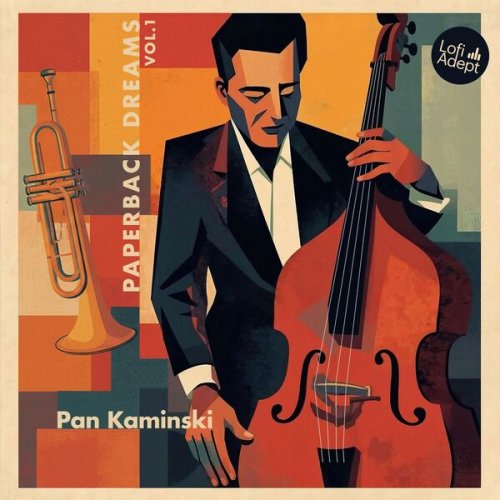Joshua Breakstone The Cello Quartet - 88 (2016)
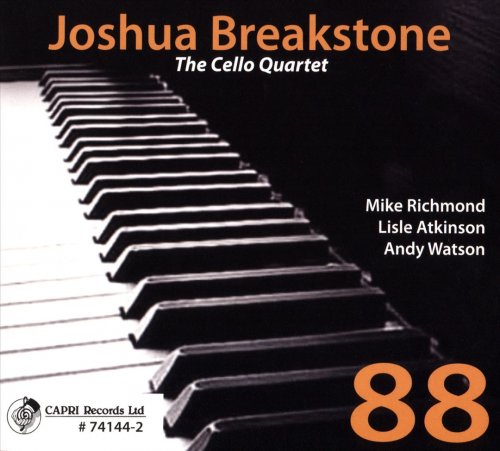
Artist: Joshua Breakstone The Cello Quartet
Title: 88
Year Of Release: 2016
Label: Capri Records
Genre: Mainstream Jazz, Cool
Quality: FLAC (tracks+.cue,log)
Total Time: 01:04:35
Total Size: 393 MB
WebSite: Album Preview
Tracklist:Title: 88
Year Of Release: 2016
Label: Capri Records
Genre: Mainstream Jazz, Cool
Quality: FLAC (tracks+.cue,log)
Total Time: 01:04:35
Total Size: 393 MB
WebSite: Album Preview
01. The Chief (Mabern) - 7:12
02. News for Lulu (Clark) - 7:56
03. Black (Walton) - 9:21
04. Soul Eyes (Waldron) - 8:21
05. Eighty-Eight (Breakstone) - 6:02
06. Moe Is On (Hope) - 4:38
07. Lolita (Harris) - 8:25
08. If You Could See Me Now (Dameron) - 6:56
09. Lennie's Pennies (Tristano) - 5:44
Veteran guitarist Joshua Breakstone pays tribute to some of his favorite pianist/composers here. He tells a story about a fellow Berklee student (a saxophonist) who asked legendary saxophonist Sonny Stitt if he could sit in. Stitt shut him down with the question "how many keys on a saxophone?" The novice couldn't answer—there are 23—but everyone knows a standard piano has 88 keys. Breakstone sees the piano and the guitar as extended family, with a comparable chordal role in the rhythm section. The selections chosen for 88 aren't meant to represent the best, or even his favorites—they're simply a diverse collection worthy of note, whether well-known or not.
Most of the pianists are associated with hard bop, and the names will certainly be familiar even if the song titles are unfamiliar. Harold Mabern leads off with "The Chief," his homage to saxophonist John Coltrane. After a rubato unaccompanied guitar introduction, the tune takes off with guitar doubled by Mike Richmond's pizzicato cello, the signature sound of this group. Richmond takes the first solo as well, followed by the leader. Then drummer Andy Watson shines while trading eights with unison lines Breakstone wrote for guitar and cello.
"News For Lulu" comes from Sonny Clark's pen, followed by Cedar Walton's "Black." Bassist Lisle Atkinson gets the spotlight during the rubato opening and closing sections, and the guitar solo includes a clever "Summertime" quote. Mal Waldron's "Soul Eyes" and Tadd Dameron's "If You Could See Me Now" are probably the two best known tunes. "Mo Is On" comes from the underappreciated Elmo Hope, "Lolita" from Barry Harris, and Lennie Tristano composed "Lennie's Pennies." Breakstone contributed one original, a memorable bebop tune titled "Eighty-Eight" which is dedicated to the pianists of the world.
Finally, a word about the Cello Quartet. The original incarnation was assembled in Japan, at the request of a bassist collaborator. Not wanting to drag a bass around, he suggested a rhythm section plus cello instead. Several bassists have played the cello—including Ray Brown, Oscar Pettiford, Sam Jones and Ron Carter—so it was not unprecedented. When Breakstone assembled an American version of the band, he initially intended to use the cello "as a solo instrument, just like...a saxophone or trumpet." But the group settled on having the cello play entirely pizzicato, making "a string section accompanied by percussion." The sound is similar to another infrequent configuration, piccolo bass in combination with double bass. It is an unusual sound: fresh for listener and band members alike.
Most of the pianists are associated with hard bop, and the names will certainly be familiar even if the song titles are unfamiliar. Harold Mabern leads off with "The Chief," his homage to saxophonist John Coltrane. After a rubato unaccompanied guitar introduction, the tune takes off with guitar doubled by Mike Richmond's pizzicato cello, the signature sound of this group. Richmond takes the first solo as well, followed by the leader. Then drummer Andy Watson shines while trading eights with unison lines Breakstone wrote for guitar and cello.
"News For Lulu" comes from Sonny Clark's pen, followed by Cedar Walton's "Black." Bassist Lisle Atkinson gets the spotlight during the rubato opening and closing sections, and the guitar solo includes a clever "Summertime" quote. Mal Waldron's "Soul Eyes" and Tadd Dameron's "If You Could See Me Now" are probably the two best known tunes. "Mo Is On" comes from the underappreciated Elmo Hope, "Lolita" from Barry Harris, and Lennie Tristano composed "Lennie's Pennies." Breakstone contributed one original, a memorable bebop tune titled "Eighty-Eight" which is dedicated to the pianists of the world.
Finally, a word about the Cello Quartet. The original incarnation was assembled in Japan, at the request of a bassist collaborator. Not wanting to drag a bass around, he suggested a rhythm section plus cello instead. Several bassists have played the cello—including Ray Brown, Oscar Pettiford, Sam Jones and Ron Carter—so it was not unprecedented. When Breakstone assembled an American version of the band, he initially intended to use the cello "as a solo instrument, just like...a saxophone or trumpet." But the group settled on having the cello play entirely pizzicato, making "a string section accompanied by percussion." The sound is similar to another infrequent configuration, piccolo bass in combination with double bass. It is an unusual sound: fresh for listener and band members alike.
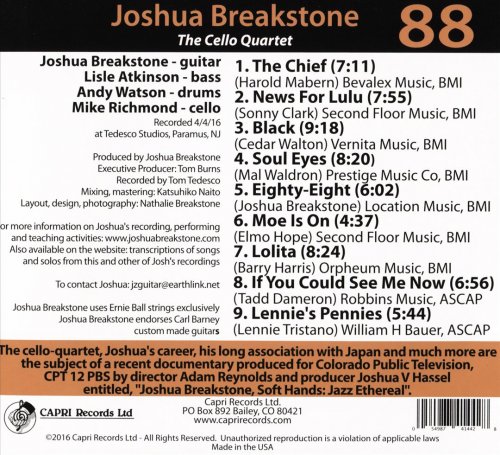
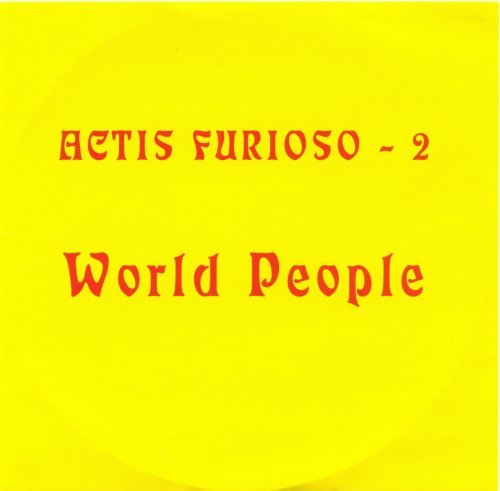
![El Calefón - Salir Del Agujero (2026) [Hi-Res] El Calefón - Salir Del Agujero (2026) [Hi-Res]](https://img.israbox.com/img/2026-02/26/sm3fq4x280rjvn4eh85ksne6j.jpg)
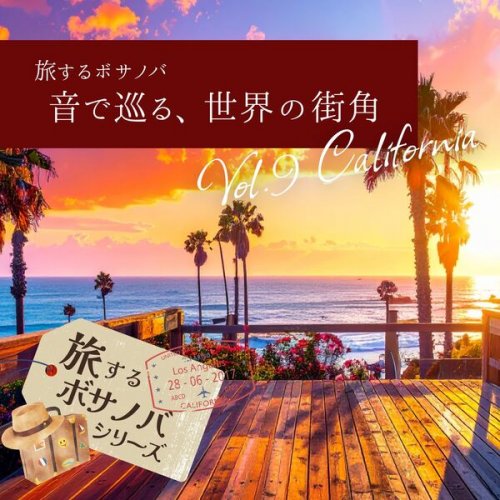
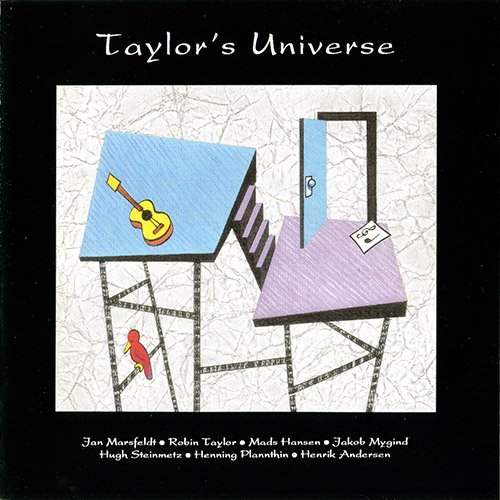
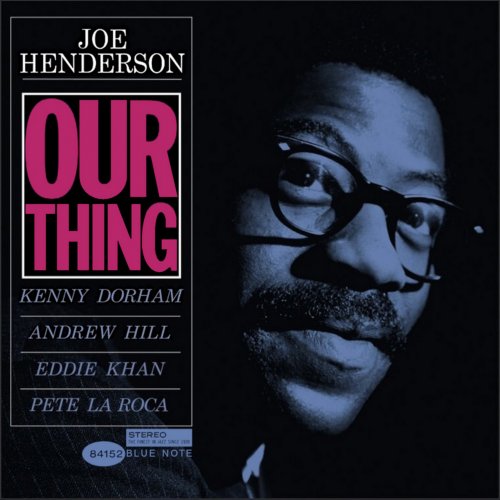
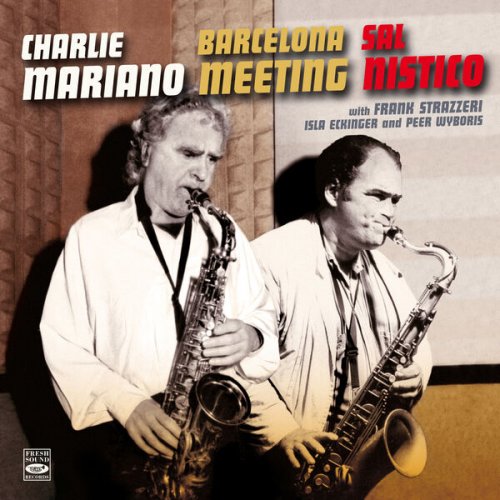
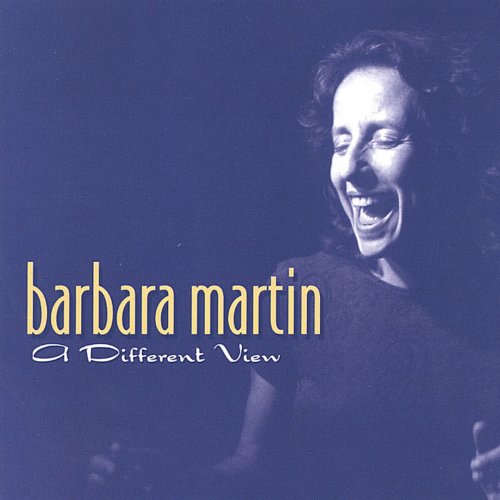
![Vince Guaraldi & Bola Sete - From All Sides (Remastered 2026) (1965) [Hi-Res] Vince Guaraldi & Bola Sete - From All Sides (Remastered 2026) (1965) [Hi-Res]](https://www.dibpic.com/uploads/posts/2026-02/1772124624_cover.jpg)
